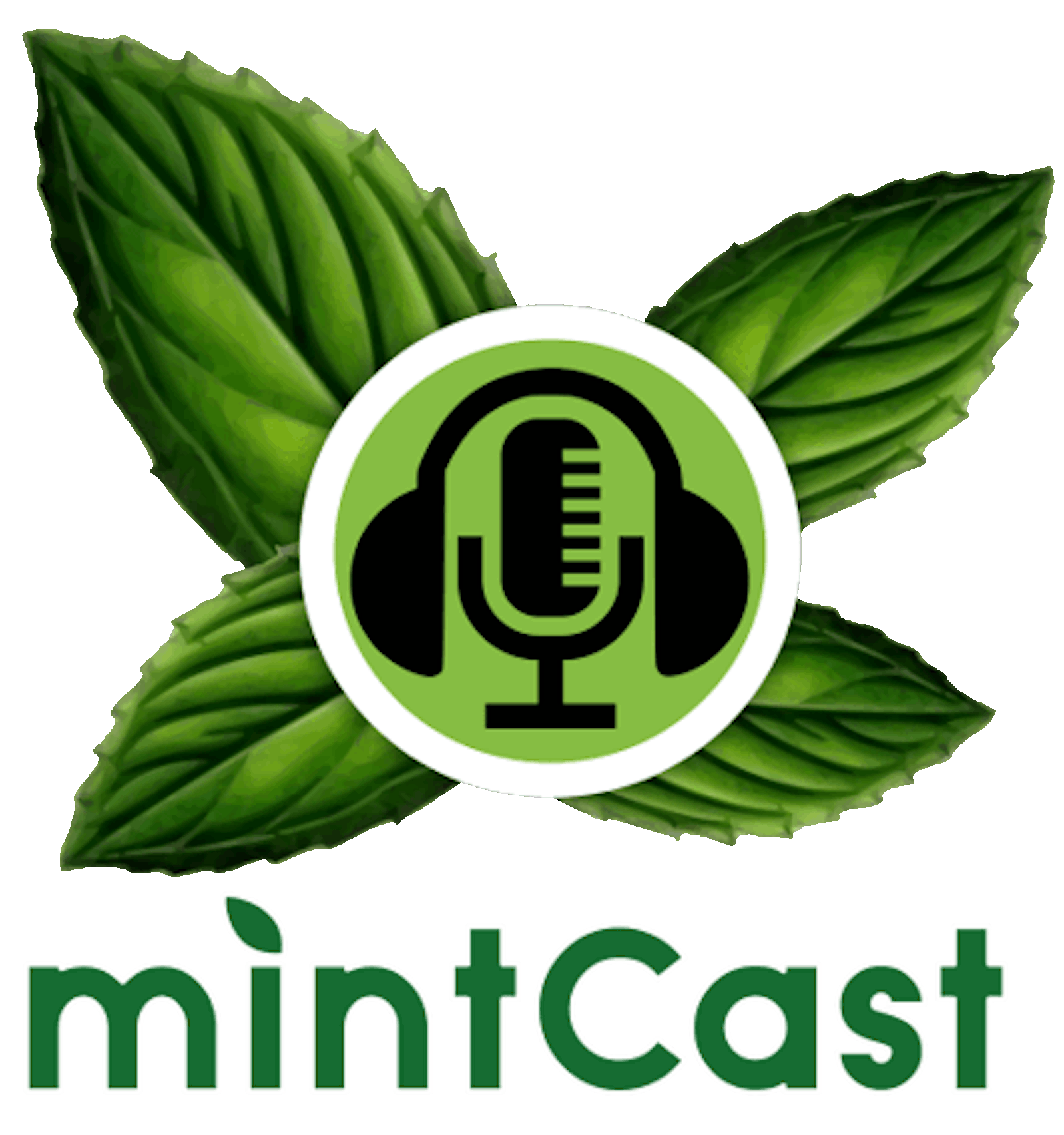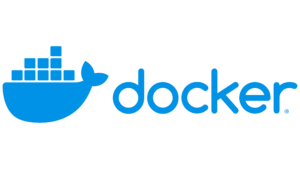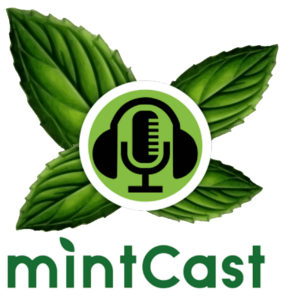Episode 64: Who Programs? Rob Does!
News & Personal Updates
- 0:6:10 Linux Mint 11 Preview
http://blog.linuxmint.com/?p=1746 - 0:11:35 Linus’s interview with LinuxFR
http://bit.ly/kwrpkg -
0:15:21 Some of you may have experienced issues with the Linux Mint repositories on or around May 1st. These issues have now been resolved and are detailed in a blog post from Clem.
http://blog.linuxmint.com/?p=1739
- 0:18:30 We’ve got the more news for the Admins rocking in the Linux job market.
http://wwww.networkworld.com/news/tech/2011/050311-linux-skills.html - 0:19:51 Attachemate lays of their Mono devs. Is this the end for this controversial port?
http://blog.internetnews.com/skerner/2011/05/attachmate-lays-off-mono-emplo.html
http://www.phoronix.com/scan.php?page=news_item&px=OTQwMQ
http://www.zdnet.com/blog/open-source/is-mono-dead-is-novell-dying/8821
Main Topic
Programming on Linux Mint
- Why Learn to Program?
http://www.cprogramming.com/whyprogram.html
http://www.dickbaldwin.com/python/Pyth0001.htm - Beginning Linux Programming –
4th Edition: http://www.wrox.com/WileyCDA/WroxTitle/productCd-0470147628.html - Almost every major programming language in use anywhere is available for Linux Mint. The most common ones are:
- Bash Shell:
http://www.arachnoid.com/linux/shell_programming.html
The 5-Minute Essential Shell Tutorial: http://community.linuxmint.com/tutorial/view/100 - C/C++:
http://www.linfo.org/create_c1.html
http://www.cs.wustl.edu/~schmidt/C++/ - Perl:
http://www.perl.com/pub/2000/10/begperl1.html - Tcl/Tk:
http://www.tcl.tk/man/tcl/tutorial/tcltutorial.html - Java:
http://download.oracle.com/javase/tutorial/ - Javascript:
http://www.w3schools.com/js/default.asp - PHP:
http://www.w3schools.com/php/default.asp
http://php.net/manual/en/tutorial.php
- Bash Shell:
- Most of the Linux Mint project development is done in Python and Glade. They also use Git for version control and APT/DEB for packaging.
- In addition to the language compiler/interpreter, other tools are also useful:
- Text Editors: VIM, Nano, Gedit, E-Macs,etc.
- Integrated Development Environment:
- Eclipse: http://www.eclipse.org/
- EMACS: http://www.gnu.org/software/emacs
- MonoDevelop: http://www.mono-project.com and http://monodevelop.com/
- Geany: http://www.geany.org/
- Eric: http://eric-ide.python-projects.org/
- IDLE: http://docs.python.org/library/idle.html
- What resources are there on Linux Mint?
http://community.linuxmint.com/software/browse/14 - Generic PPA adder: https://gitorious.org/generic-ppa-adder/generic-ppa-adder-dev
Website of the Week
Tip of the Week
- the “i” key in vim will enter edit mode, then to get out of edit mode hit escape, to quit a unchanged document just type “:q”, to quit a changed document that you don’t want to save, type :q! to save and quit a doc type :wq
- to checkout a Git Repo, use: git clone git://url.to/git/repo.git folder-name
Announcements
- None
More info
Hosts: Rob, Scott, Jalu, Harrison
Subscribe to the podcast: [iTunes] [Zune] [RSS MP3] [RSS OGG]
Contact podcast:
Forum: mintCast
Email: [email protected]
Phone: 1-832-514-2278
Twitter: @mintCast @Linux_Mint
IRC: irc.spotchat.org – #mintcast
More Linux Mint info: Linux Mint website, blog, forums, community
Podcast Entry and exit music provided by Mark Blasco. http://www.podcastthemes.com/
The podcast’s bumpers were provided by Oscar.
MP3:
OGG:
Podcast: Play in new window | Download
Subscribe: RSS




Great podcast! I really liked the section on programming.I agree with Rob, Python is a great language.
There seems to be a problem with Rob’s microphone. Occasionally, while he’s talking, the sound fuzzes, or clips. It happens quite often, and can get pretty loud.
Keep up the good work!
Rob got a new mic and he sat to close to it and he didn’t have a pop filter, that’s why there are a lot of pop’s and clipping.
Harrison
I have listened to your podcast since you (new group) took over some time ago. This was my favorite episode and most educational yet! I have become a Linux fanatic over the last year but have no technical background. Consequently I struggle to understand much of the programming basics and this was a great overview. It truly piqued my interest in wanting to try my hand at getting the computer to say “hello world”. I listen to a lot of podcasts with the goal of learning more about how Linux works and I LOVE the educational format of this last eposide. Keep up the great work.
We are planing more how-tos in the future so it’s great that you like how we are presented it. If you ever start programming you could help me with my project: https://gitorious.org/generic-ppa-adder/generic-ppa-adder-dev I mentioned it in the podcast.
Keep the comments coming
Harrison
No idea how to do that, but I will mess with it and see what I can figure out.
Great way to start learning your way around Java and Python syntax: http://codingbat.com/
I enjoyed listening to the podcast.
Rob did a good job explaining programming to non-programmers.
Another way to get a person interested in programming is to demonstrate how programming can relieve the burden of doing a repetitive task. With OpenOffice.org’s macro capability, a repetitive editing task in a spreadsheet or document can be recorded as a macro. The next time the editing task needs to be done, the macro can be executed rather than doing it manually, saving the user time and effort. If the macro needs to be tweaked, the user has the option to change the code in the macro rather than recording another macro from scratch, thus beginning their path to becoming a programmer.
With Harrison’s discussion on using Vim, I thought I would pass along a handy tip for saving files using the familiar CTRL-S shortcut key. Put the following code in your ~/.vimrc file:
” To save, ctrl-s.
nmap <c-s> :w<CR>
imap <c-s> <Esc>:w<CR>a
The nmap line will save the file while in normal mode and the imap line will save the file while in insert mode.
I got that tip from an E-book (pdf) by Swaroop named “A Byte of Vim”. It is an excellent book for someone interested in understanding the concept of Vim and how to use it.
On the point of avoiding mixed indentation characters in Python, a really quick simple way to find these is to enable white-space characters in your editor. Most will have an option for this and the tab characters are really easy to spot then.
I have enjoyed this podcast and I guess I would call myself a hobby programmer as well. I have chose to learn python as I think it feature packed language.
Here are my 2 cents on the topic. Disto hopping is good for Linux but bad for programming. With all of the great programming languages out there, I think it’s important to choose one and learn it. I chose python after researching other options out there. I think the import bits are being easy to learn, which means you can write a useful programs quickly. To me that make s you want to write more code. It’s got to fun and interesting. Has to be object oriented. I think coding in whatever language is similar, it just has different syntax. So you need to learn functions, objects and the ability to extend your code with others. Pythons standard library is awesome for that.
The other thing, Rob you mentioned that how you program is by writing code, running it, fix the bugs and repeat. I think that paradigm is changing to write a test, write enough code to make the test pass and then write another test. I’ve learned that this is called TDD (test driven development). So at the end you end up with something that has been tested and know works.
Anyways guys, keep up the good work.
This was beautiful Admin. Thank you for your reflections.